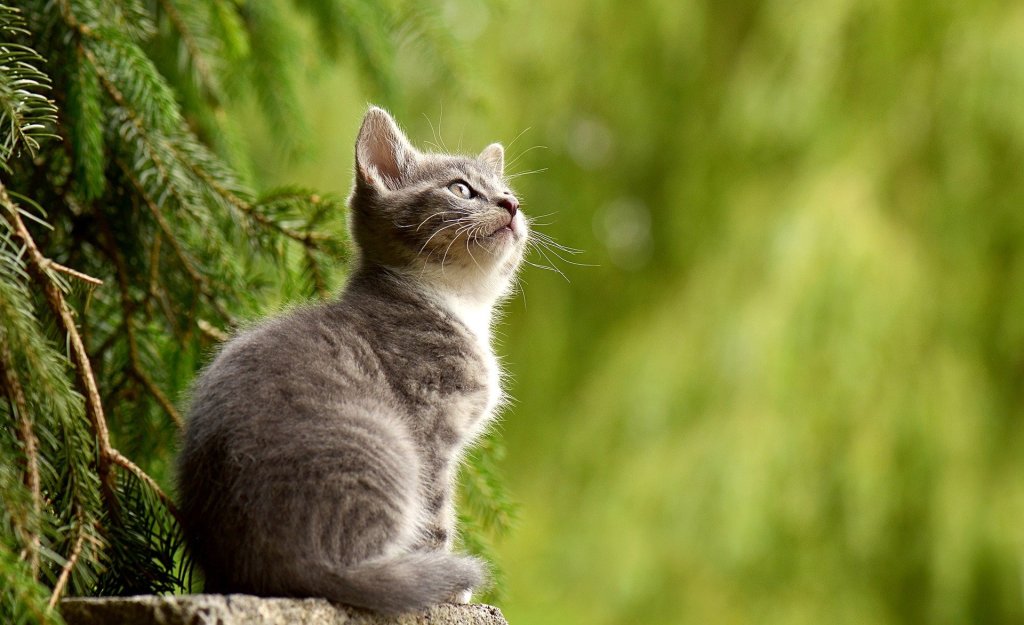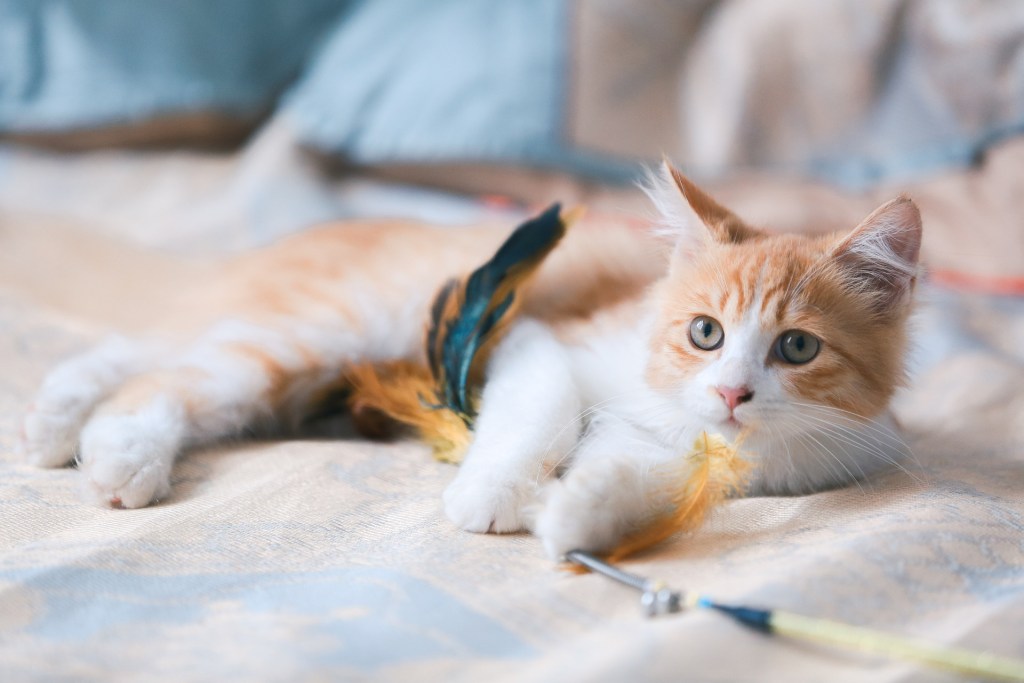Bringing a new kitten into your home is an exciting experience, but it’s also a big decision that you should put some serious thought into. Kittens are long-term commitments, and their high-energy, inquisitive nature means they require more care and attention than older cats. It’s also important to understand the vet care your kitten needs as well as the supplies that you’ll have to buy and the financial obligation that comes with having a kitten. Familiarizing yourself with kitten care basics and the financial side of owning a kitten can ensure that you’re truly ready to bring home a new pet.

Naming your kitten
When you bring home a new kitten, you’ll need to spend some time figuring out the perfect name for your new buddy. There are many online lists of potential kitten names that can help give you some ideas, but often the best strategy is to just sit back, watch your kitten, and get to know his personality. The more you learn about your kitten, the better you’ll be able to tell which name fits him perfectly.
When naming your kitten, avoid any names that sound very similar to the names of other people or pets in your home to avoid confusing him. When you choose the right name, use it often so your kitten learns to recognize it.
Essential items to have
Windermere Veterinary Services recommends that you stock up on some essentials before your new kitten comes home:
- a crate that’s large enough to hold a litter box, cat bed, and food and water dishes to keep your kitten safe when you’re not available to supervise
- a travel carrier to take your kitten to the vet and groomer
- kitten food that’s formulated for a kitten’s unique nutritional needs
- a cat bed that’s easy to wash and that gives your kitten a cozy spot for naps
- a kitten collar with a bell and a safety breakaway snap
- food and water bowls, ideally made of stainless steel or porcelain for easy cleaning
- ID tags with all of your contact information, just in case you and your kitten are ever separated
- a smaller litter box with a lower edge that your kitten can easily get into
- non-clumping or pelleted cat litter; you can switch to clumping or pelleted litter once the kitten is a little older
- grooming essentials, including a flea comb, brush, and nail trimmers
- toys, treats, and catnip
- at least one scratching post or cat tree
Behaviors to expect
According to VCA Hospitals, kittens are highly playful and active. That’s important because they learn how to communicate and hunt by playing. Kittens love to chase and pounce, and they’ll often play with their littermates when they’re young. As your kitten ages, you’ll see her start to play with objects and hunt more, particularly around the time when she’s weaned. You can support your kitten’s play instincts by providing her with a variety of toys and by interacting and playing with her.
Just as kittens learn by playing, they also learn by exploring, and that means they can get into plenty of mischief. When you’re not around to supervise your kitten, leave her in a safe area, like her crate, or in a room that’s kitten-proofed. You’ll need to use child locks to keep her out of cupboards and make sure that any furniture or items that could be tipped over are secured. You can give your kitten access to catnip, toys, scratching posts, and other items that she can play with so she can explore safely.

Vet appointments
According to Windermere Veterinary Services, during your kitten’s first year of life, you’ll need to head to the vet multiple times to ensure your kitten gets the care he needs. Kittens achieve multiple medical milestones during that year, and it’s important to have your kitten spayed or neutered when he’s four months of age or older.
Your kitten will also need several vaccinations, including the rabies vaccine, as well as vaccines for diseases like feline leukemia, feline distemper, and calicivirus. Exactly when your kitten will need these vaccines will depend on his age, but plan on two to three vet appointments for those vaccines.
Your vet will also discuss other health concerns, like flea and tick prevention. Your vet can recommend some flea treatments that are suitable and safe for your kitten; younger kittens can’t use the same flea treatments that are safe for older cats.
During each appointment, your vet will also weigh your kitten to track his growth progress. Those appointments are a perfect time to discuss your kitten’s diet and nutrition with your vet, too.
Kittens can bring lots of love and laughter into your home, and being prepared for your kitten’s arrival can help to ensure that the process goes smoothly for you and your new family member. The more you can learn about kittens beforehand, the easier the experience will be. Before you adopt a kitten, make sure that you spend some time shopping for essentials and that you find a vet who can guide you through your kitten’s healthcare.


